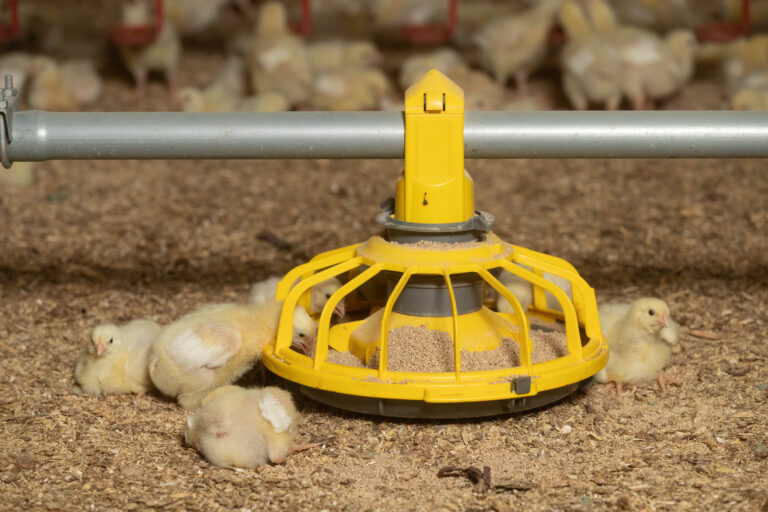ABN, the British manufacturer of pig and poultry feed, is partnering a new Defra-funded, PGRO led pulse research project, complementing its own commitments to developing and supporting sustainable pig and poultry diets.
Officially launched at the Cereals Event on 13 June and subsequently promoted at industry events including Groundswell over the past month, ‘Nitrogen Efficient Plants for Climate Smart Arable Cropping Systems’ (NCS) is a four-year £5.9m research project involving 200 UK farms and 17 partners, including ABN.
The twin aims of the NCS project are to increase pulse cropping in arable rotations to 20% across the UK, from the current 5%, while developing and testing new feed rations.
This in turn will help with the second aim, to help livestock producers reduce reliance on imported soya meal used in feed by 50%, replacing it with home-grown pulses and legumes.
“The project directly complements ABN’s long-term strategy, as we strive to reduce the carbon footprint of our supply chain, while supporting the future of the British pig and poultry livestock industries,” said Brian Kenyon, ABN senior nutrition manager.
“A key part of that approach involves placing greater emphasis on research into the increased use of UK-grown pulses as an alternative protein source in our feed,” he said.
As soya is one of the biggest contributors to overall emissions in pig and poultry diets, reducing reliance on the imported protein in feeds is currently a key priority area for ABN, with significant research being undertaken into potential alternative proteins.
When it comes to increasing pulses in monogastric diets, there is a need to introduce a primary processing step to help reduce some of the natural anti-nutritional factors present within pulses, and much of ABN’s research is focused around developing and enhancing potential processes.
According to Kenyon, ABN’s research is taking a two-step approach, not only identifying what can be achieved by processing and feeding peas and beans, but also by identifying what else can be done to enhance this.
From ABN’s perspective, its immediate aims are to increase use of UK produced pulses, based on its on-going research and including the NCS project.
“Looking at our current standard poultry diets, pulses currently only make up 2.5% of the diet based on our processed product. The aim is to increase this to 10%, which will have the dual benefit of not only increasing the home-grown content, but also contributing to reducing the soya reliance by half,” said Kenyon.
Pulses also bring value to other crops grown in the UK, particularly in East Anglia, a key region for pig and poultry production. It is important to quantity the full value in the subsequent cereal crops that follow.
“Ultimately, it requires the end-user to buy into and support a UK produced protein for it to be viable. If we want to be self-sufficient, we need alignment across the full supply chain,” said Kenyon.
“This means from the arable farmer to animal feed companies, pig and poultry processors, food service and retailers to help drive this transition. This new industry-leading initiative is really bringing the science, tools and talent together to help drive that change.”


